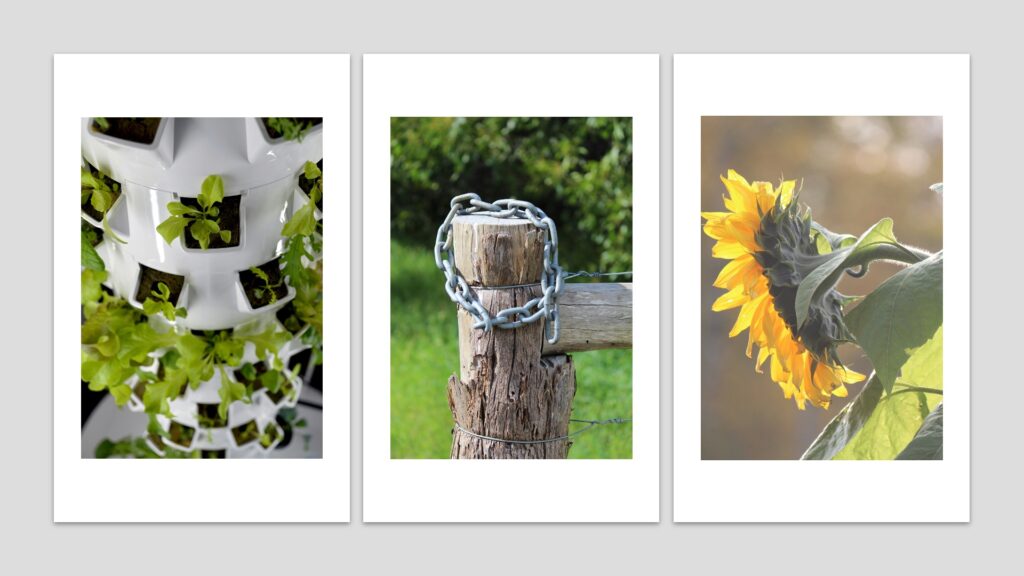
by Lois Barth, Human Development Expert, Speaker, Certified Executive & Life Coach, Author (and yard sale enthusiast!)
I’m 5 years old, and my loving but wildly overprotective mom, Edie, asks, “Lo, what do you want to be when you grow up? “Independent,” I blurt out. The family breaks into hysterics, and I’m baffled by the laughter. Looking back, I see it was a very precocious albeit insightful response.
Even at my tender age, I unpacked the essence of what independence was for me; autonomy, a sense of equanimity, and being able to think and function in a way that felt true to my spirit.
Clearly, I felt so squashed by my mom’s in-your-face type of caring. Her tagline was “I love you, I love you more than life itself.” I’d respond, “Mom, can you love me a little less so I can breathe a little more?” Again, a laugh came.
I came from an exceedingly loving family and, even better, a long line of laughers. It was one of my parents’ major defense strategies for having had a trainwreck of a childhood and wanting to bring levity to the family. I’ll always be grateful for that.
“Life can only be understood backwards, but it must be lived forwards,” quoted the philosopher, Kierkegaard. It wasn’t till decades later, that I realized that I had inadvertently conflated autonomy with what I call a “righteous independence,” which was filled with isolation and chronic “I gotta do it on my own.” What I really craved was a softer interdependence, to be in partnership and collaboration with people, have deep meaningful relationships, and still be rooted in my own sense of autonomy not always easy.
So why am I sharing this little snapshot of my wordsmithing of independence a day before the holiday?
Because as a motivational speaker, executive coach, and human development expert, I see teams and leaders struggle with what independence means for them. The flip-flopping between being too reliant on others and not steering the ship. Or feeling that they have to do everything themselves and either delegating or asking for help makes them look weak or stupid and jeopardizes their career development.
It’s all over the map.
I ask a senior-level leader what cadence and form of communication do they set up with their team to connect with them? How do they frame the learning curve some team members are going through? How do they navigate courageous conversations to build a greater sense of safety and transparency in the work culture? How specific feedback do they give? They look at me blankly, and a bit sheepish.
“It’s okay,” I reassure them. “Common Sense, Uncommonly Practiced,” is my response, (a LOIS-ism*) you’re not alone. Yet once we put a structure in place and open up the dialogue on what autonomy looks and feels like in their role, it’s a total game changer.
So I ask you whether you are a leader of many or engaged in self-leadership (the most important form IMHO) what does independence look like for you and/or your team? Does it inspire you? How clear are you on it? Where can you make choices that are more empowering for you and your team?
Given the recent verdict on the immunity case, which clearly jeopardizes our independence as an autonomous nation and individuals, what action can you take to change that?
I wish everyone a happy, safe, and healthy 4th of July, and I hope that each of us can take a moment to ask ourselves these important questions and then take action. Whether it’s big or small; to step into what independence looks like in a way that enlivens your spirit and is true to your values. And yes, all while having some fun downtime, grabbing a frank, a wedge of watermelon, or whatever your fare may be.
Thanks for tuning in and not tuning out, for what the world needs are people who are tuned in.
*LOIS-ism= Lessons, Opportunities, Insights, and Solutions
Photo courtesy of Nadine Primeau
